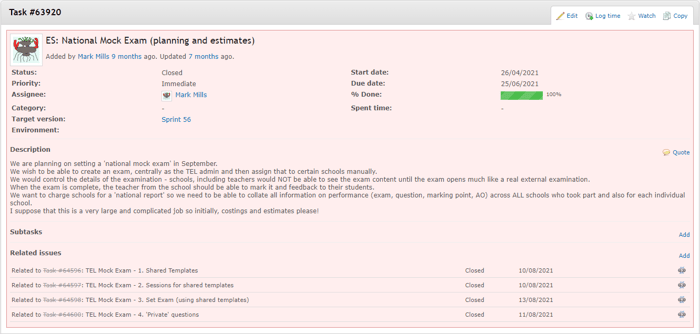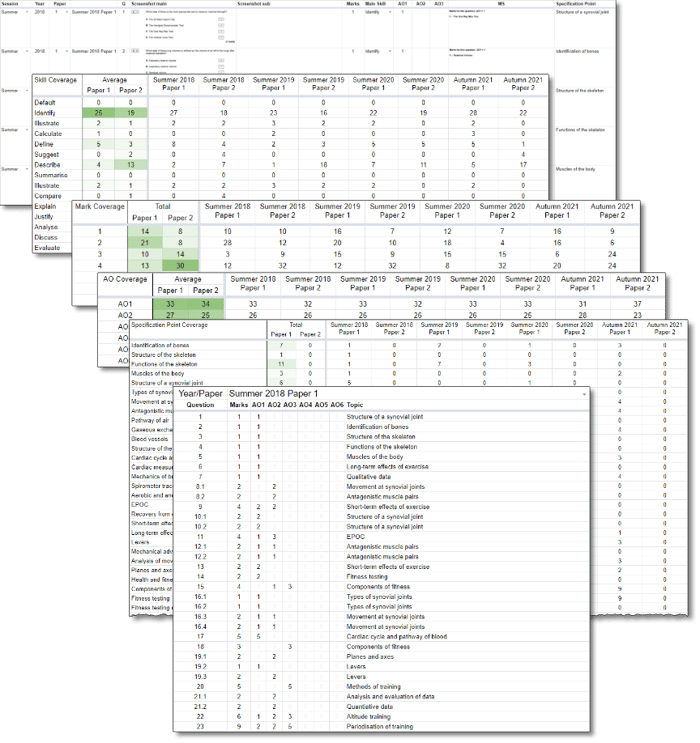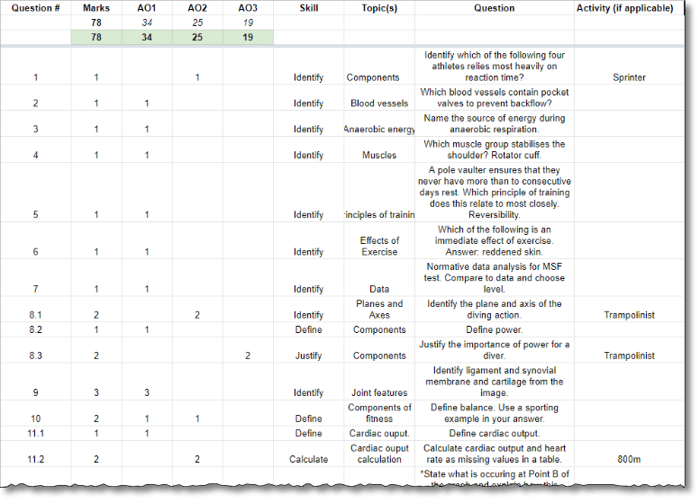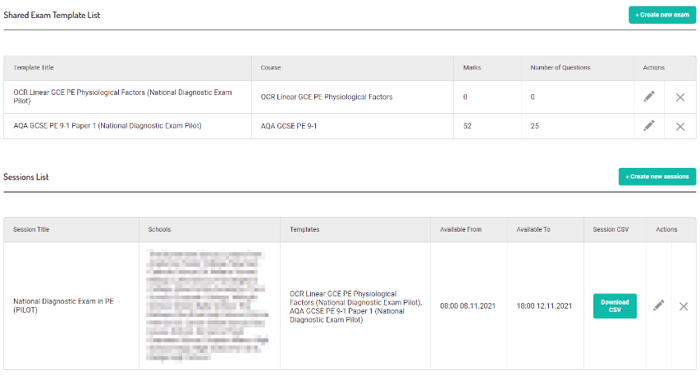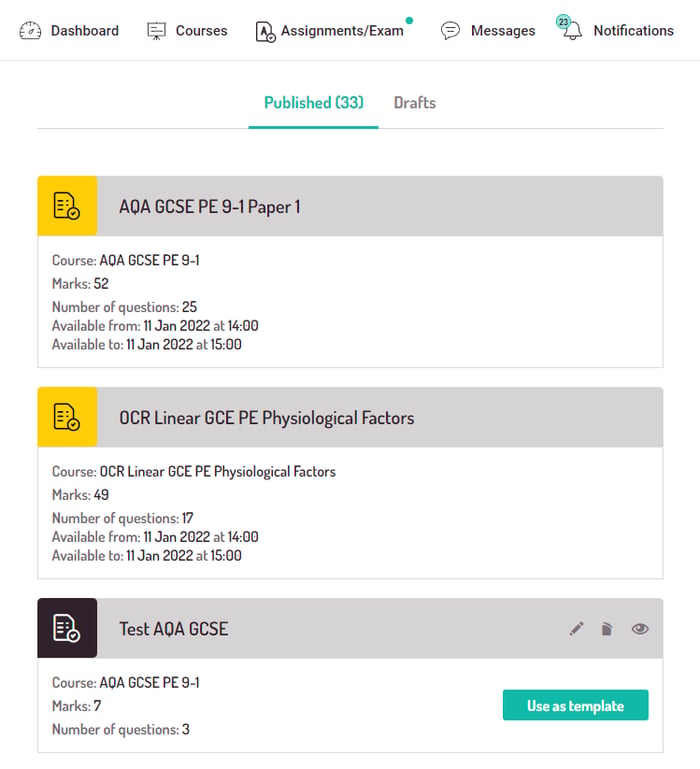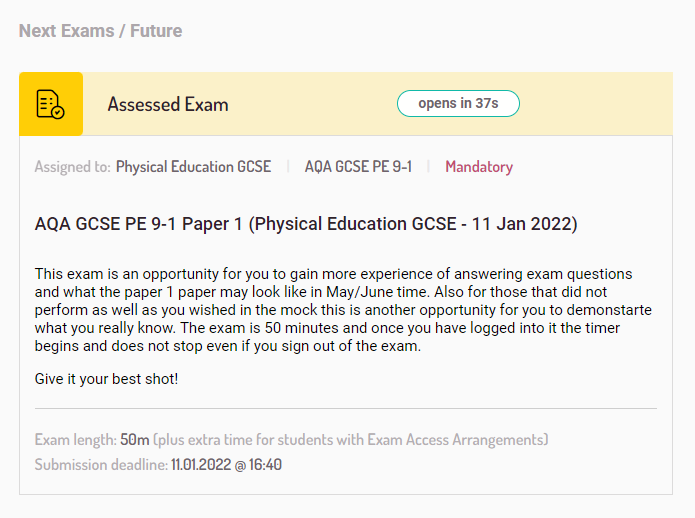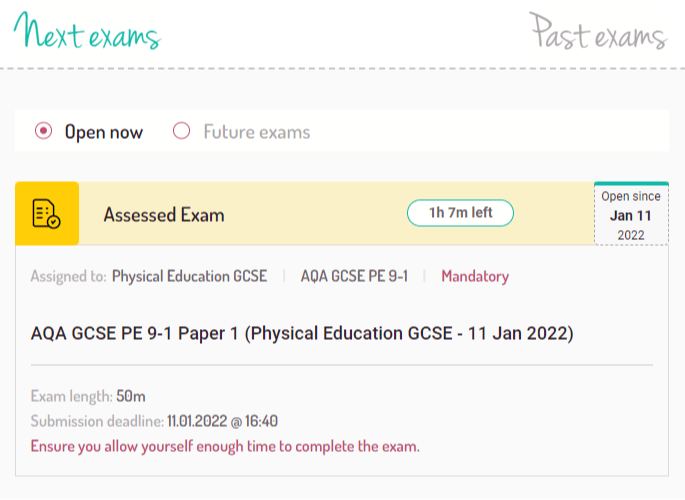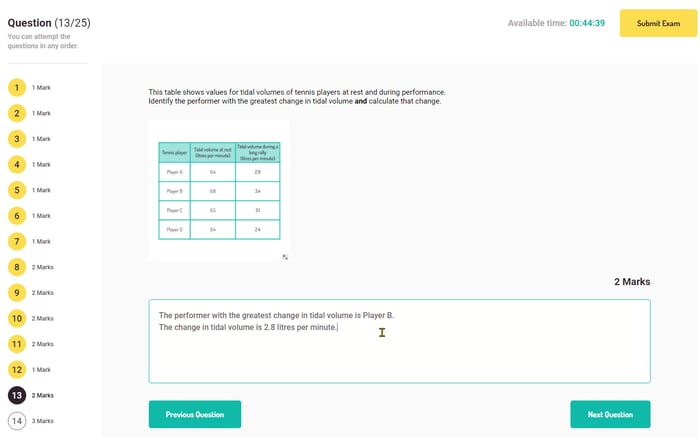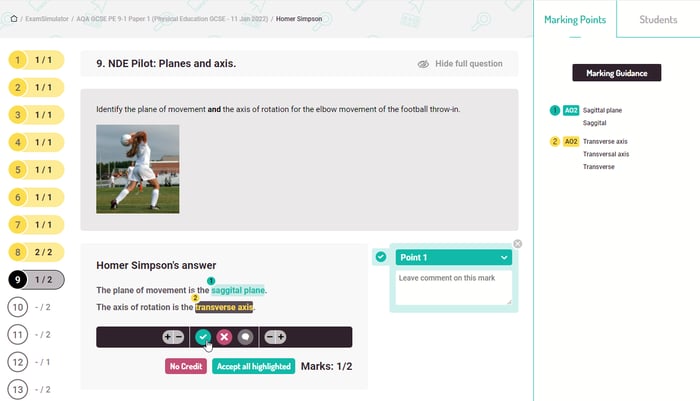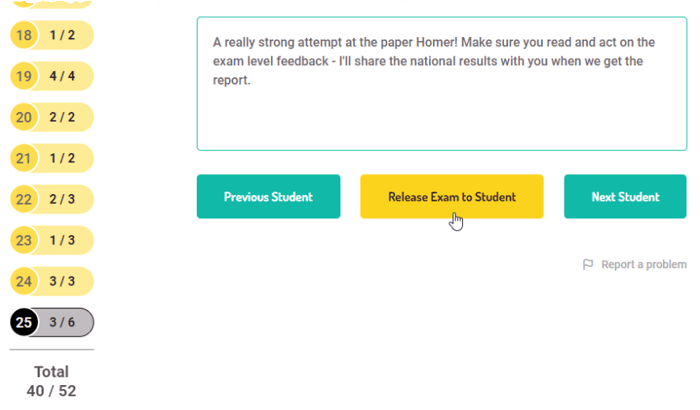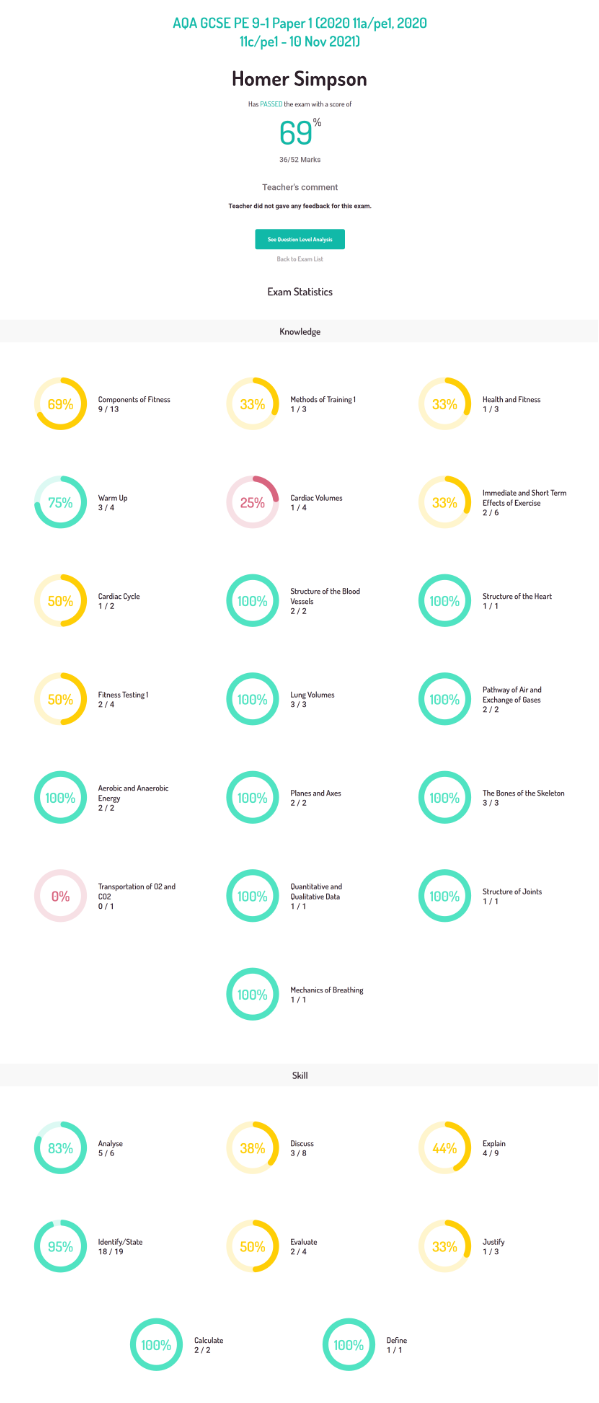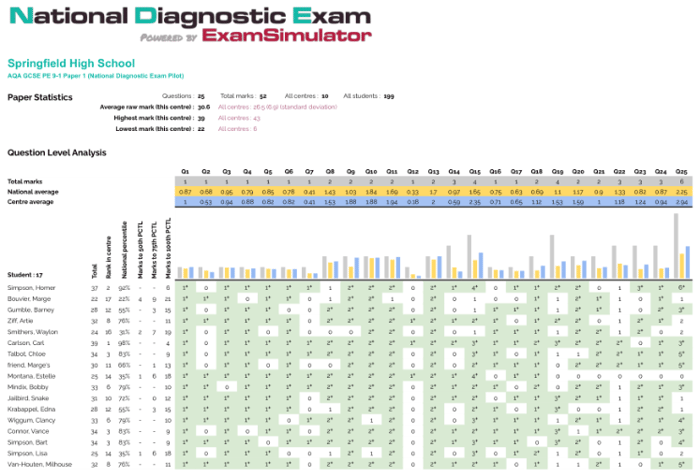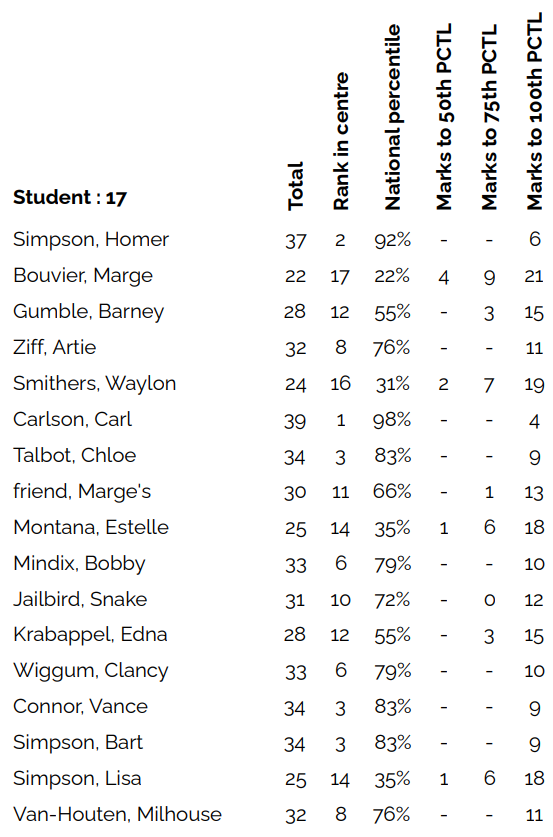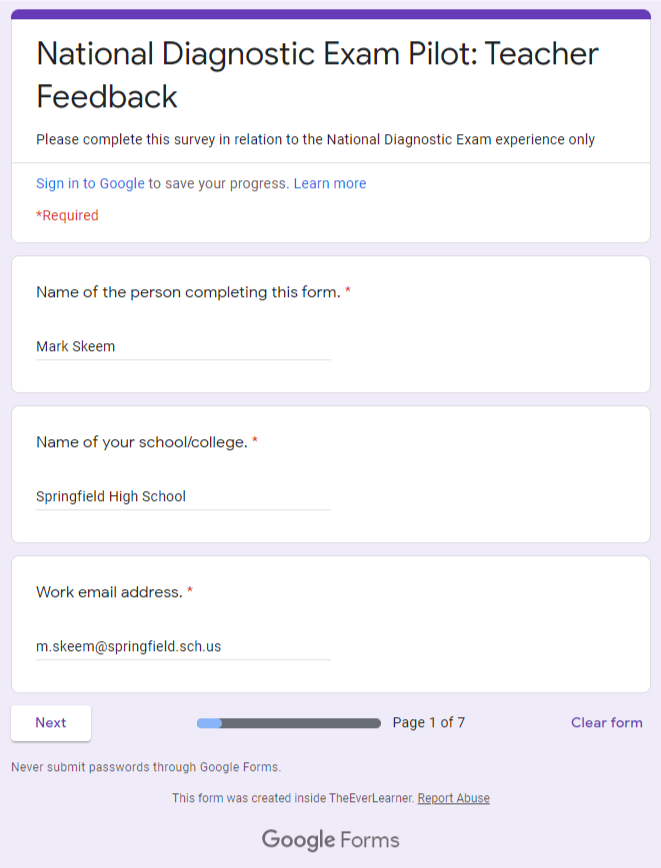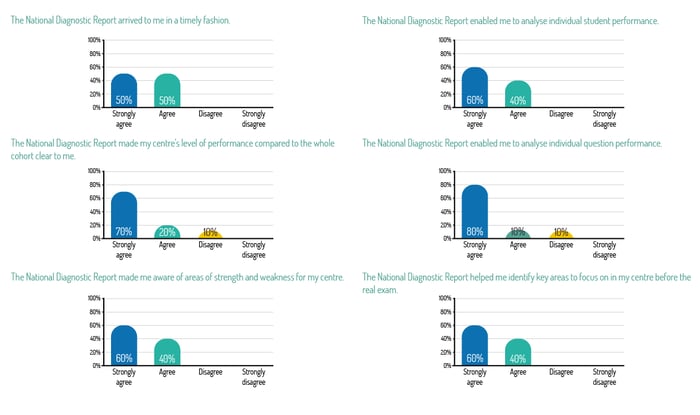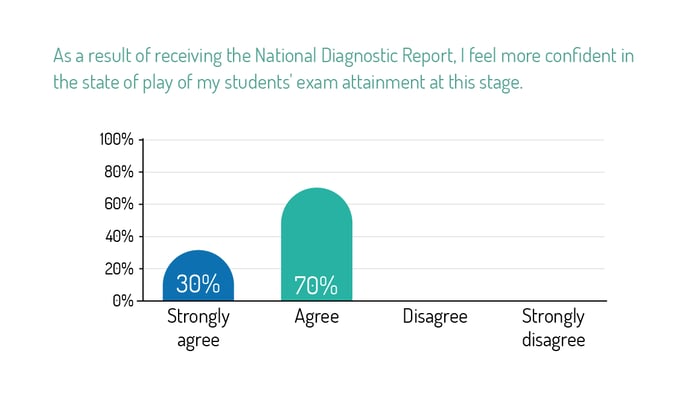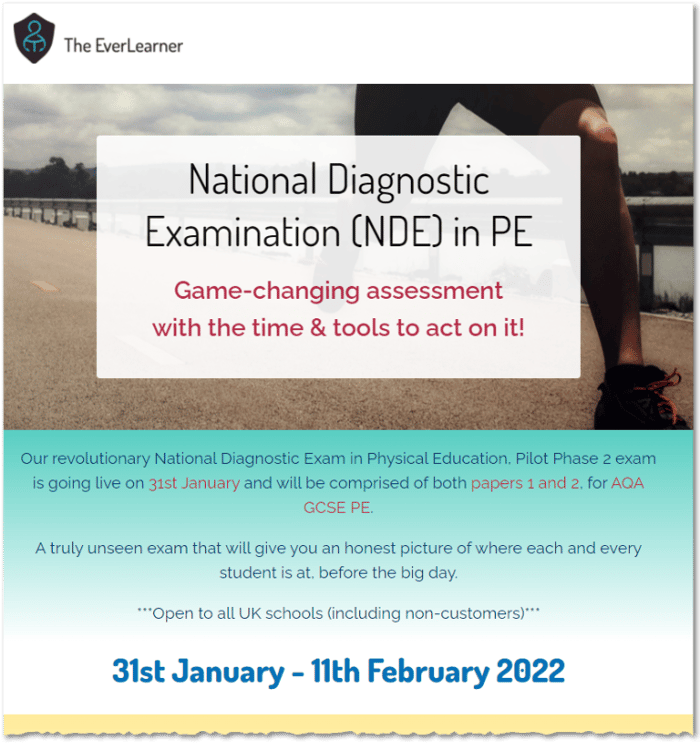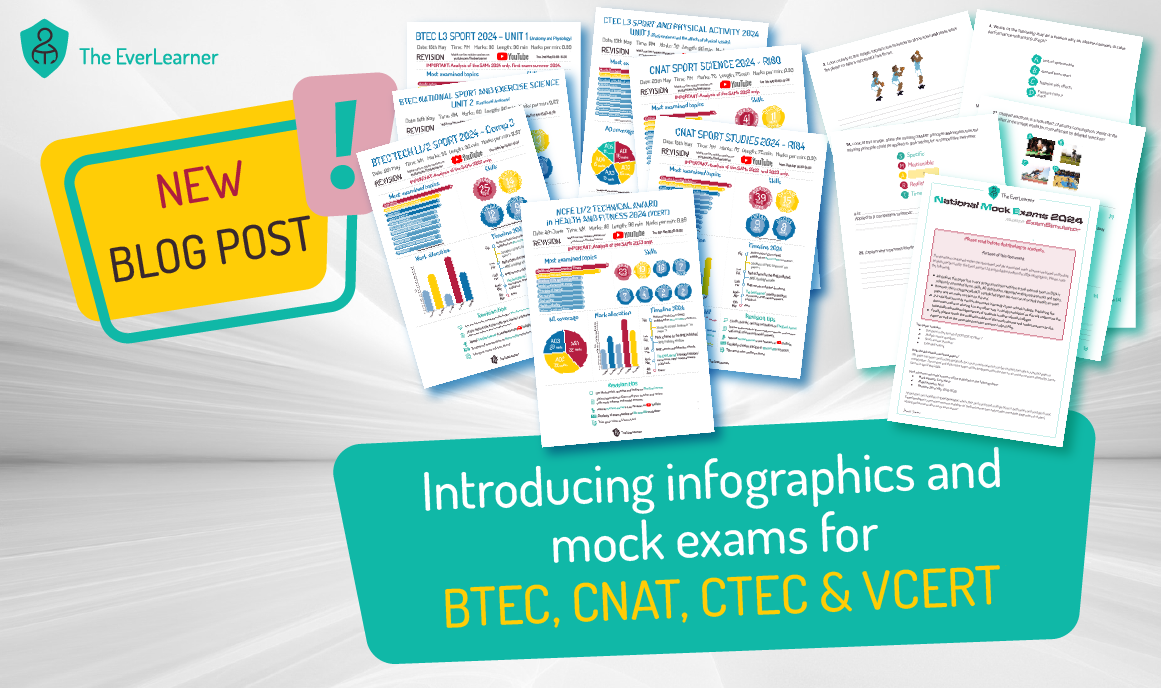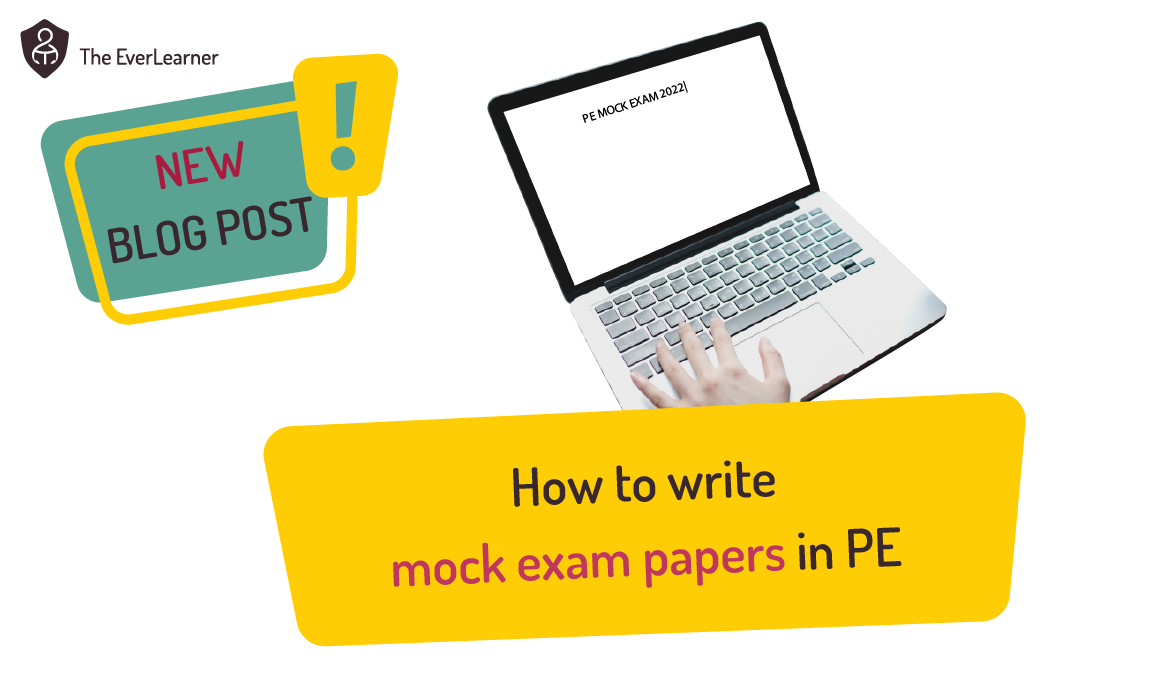The UK’s first-ever National Diagnostic Exam: A review of our pilot PE exams in 20 images
NDE = National Diagnostic Exam produced by The EverLearner Ltd and typically sat 3-4 months before an exam-board assessed exam.
Exam-board-assessed exam = The actual end-of-year exam written by AQA/Edexcel/OCR etc…
Assessment = The purpose of exam-board assessed exams including the allocation of grades with little to no opportunity for grade improvement.
Diagnostic = The process of informing a student/cohort of what they need to do to improve their assessment with sufficient time and resources to achieve that prior to their final assessment.
Percentile = The position an individual student would have achieved within 100 learners nationally.
From first developing the online solution for the National Diagnostic Exams in June 2021 to sending out the national reports for the pilot in December 2021, this project has been a revealing insight into the future of assessment in the domain of classroom physical education. This blog post is aimed at informing the PE teaching sector of the experience of the pilot project and of our plans for immediate progression of this service.
Please, read on, absorb, share and comment.
The brief that Mark Mills (Business Manager - Service) provided to our technical team. The core aim was to make the management of the exam as scalable as possible so that during a full-scale project, hundreds of schools could allocate and sit the exam with little to no additional admin pressure on the core team at The EverLearner Ltd.
A core requirement for the content-writing team was to fully analyse the rhythms of the respective exams. This included analysis of paper structure, command terms, mark allocation, assessment-objective split as well as an accurate representation of mark weightings for each question.
Upon the analysis, the content writing team could write exam questions relating to the exact rhythm of an exam-board assessed exam. Please note that the image above only contains "question titles" rather than fully formatted questions which are written in a scripted language understandable by our website.
This image shows the creation of the timed NDE session as well as the creation of the exam template. This created a time window for writing the exam as well as the exact content that would be examined. This work is done centrally by the team at The EverLearner not by teachers.
Access to setting the NDE was allocated to the schools involved. Teachers could now arrange their exam during the exam window. Please note: teachers could not view the content of the exam in advance, unlike in the standard usage of an ExamSimulator exam.
In their own time, teachers set the NDE. This was often during lesson time but did not have to be. The only restriction was that the exam had to take place during the exam window.
NDEs opened for student responses at the exact time the teacher set the paper and had strict time limits.
Teachers had the opportunity to allocate extra time for those learners who receive time-based access arrangements. An additional 25% or 50% time is available and acts as a global setting within the student’s profile.
Students had the “simple” task of logging in and answering their paper. Whilst it is not easy to answer a full exam, mechanically this is as simple as a task can be for the participant.
Student answers are autosaved per click/keyboard action and submitted for marking once their exam is complete. Students could answer in any order, return to previous questions and check their responses.
Teachers had two calendar weeks to process their marking. This is a substantial task even with the auto-indicative recognition of correct responses. Teachers commented that they would like more automaticity in the task and, as a result, our development team is now implementing fully automated question marking to save teachers time with more mechanical marking such as one-markers and shorter responses.
The teacher kept control of releasing raw mark performance to students. Therefore, students got their NDE result as soon as the teacher chose.
Students immediately received a full diagnostic of their performance for content and skills. They also received call-to-action buttons encouraging them to go and work on the areas where they had underperformed. Within the image there are clear examples of both content and skills for the student to improve on.
A few days following the closure of the marking window, the teacher received an NDE report via email. This report compared their centre’s performance to national performance at the level of centre, individual student and individual question.
The NDE reports included percentile performance of each individual student. Students could discuss with their teacher the ground that they needed to make up to achieve the 50th, 75th and 100th percentile national performances. Teacher feedback told us that this was particularly useful, as it encouraged action by the student.
Teachers were asked to complete a survey but to also ask students to complete a separate survey based on their own experiences of the NDE.
Teacher surveys clearly stated that the NDE report was a very insightful document.
Teachers told us that they were now more confident in knowing their students’ position or “state of play”. In the context of COVID and the need for TAGs/CAGs, this is particularly relevant. Outside of COVID, this means teachers and student can tailor exam preparation prior to exam board-assessed exams.
Based on the success of the NDE pilot 1, NDE pilot 2 will commence on 31st January 2022 and you can register your centre from now. Participation is utterly free.
We are now accepting applications for NDE pilot 2. Up to 100 PE departments may take part in pilot 2 and application to do so is available from now.
%20Text%20(Violet).png)
